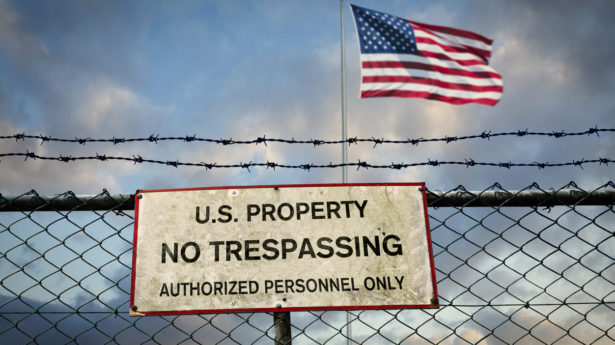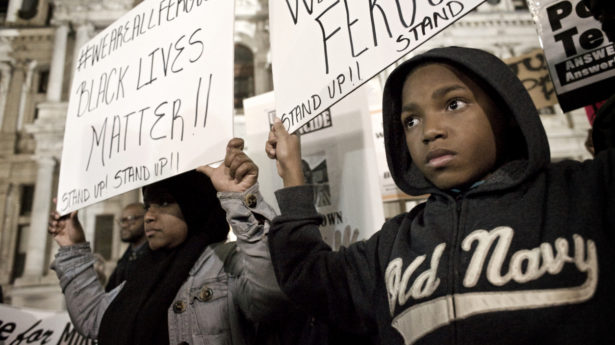The Unitarian Universalist Service Committee advances human rights through grassroots collaborations.
Building Bonds, Sharing Stories: The Ways We Make Change
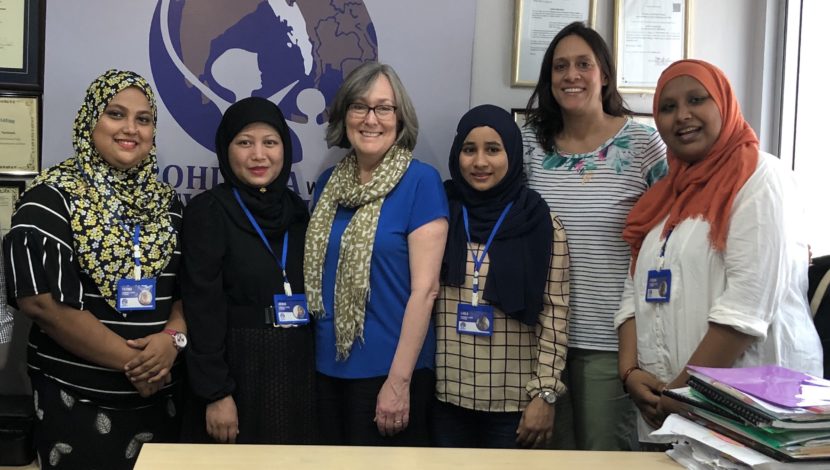
By on March 6, 2020
In honor of International Women’s Day on Sunday, March 8, UUSC Vice President and Chief Program Officer Rachel Gore Freed narrates a powerful experience of resilience and community through the eyes of a group of women she meets in Asia.
Discrimination and displacement go hand in hand in places I’ve visited around the world.
I write this blog from Malaysia, a country that is dear to me. My mother was born and grew up here, part of a second-generation family, living amongst the Tamil Indian community. Even though our family has been in Malaysia for generations now, my cousin’s children—as “Malaysian” as any—do not have the same rights as those born of the ethnic Malay majority. There are laws that restrict ethnic minority access to education, housing, public funding and fellowships, and overall civic participation. Though the recent political shifts are creating more dialogue about discrimination, the road seems long ahead before the laws and policies change.
In addition to connecting and spending time with members of my own family in Malaysia, I also had the privilege to spend time with Rohingya women refugees who left everything behind in Burma to seek safety here in a country that has received the largest Rohingya refugee population outside of Bangladesh. Malaysia hosts an urban population of some 177,000 UNHCR-registered asylum-seekers and refugees, in addition to an estimated 10,000 stateless persons. Some 153,770 are from Burma, comprising some 99,290 Rohingyas, 23,140 Chins, and 31,330 others from additional ethnic minority communities.
Despite the displacement and discrimination, they face, the refugee women working at the Rohingya Women Development Network (RWDN) are weaving women together and creating a sense of belonging in a chaotic and often violent world. At a local community center in Kuala Lumpur, while sharing stories, I learned from RWDN about their plans to celebrate International Women’s Day by bringing together refugee women for food and community-building in a restorative and healing space.
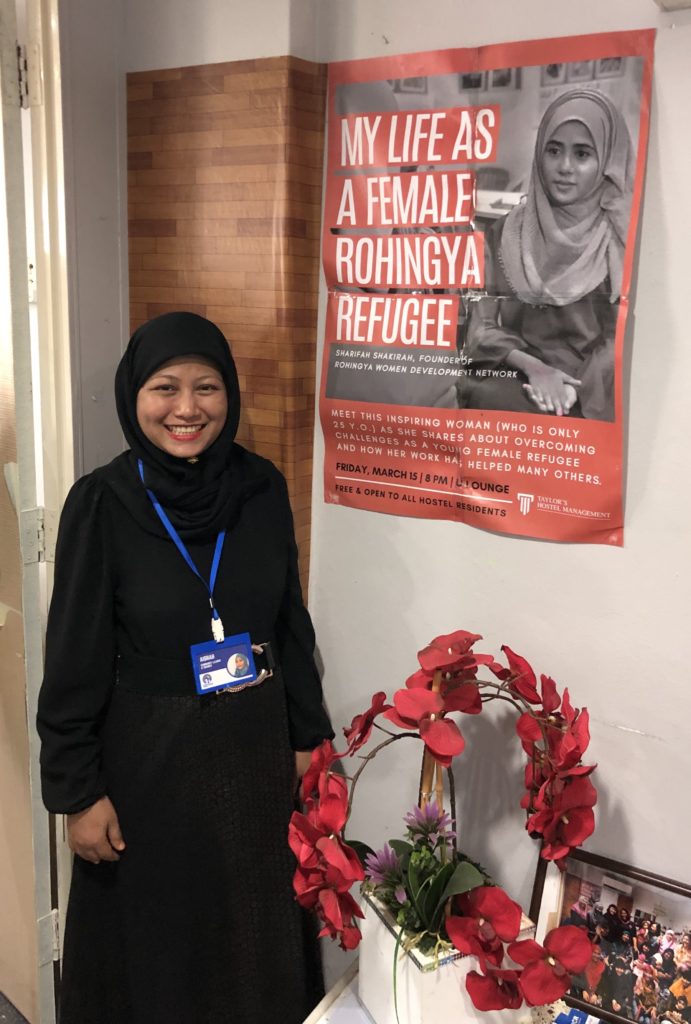
The four women leaders at the community center also shared very visceral stories of the challenges they face as refugees living in Malaysia with fewer rights than my cousins. They face rampant discrimination and have limited options to rebuild their lives with the restricted rights available to them. Members of the Rohingya community are not allowed to work officially or to attend school. They cannot move about freely in their neighborhoods due to harassment from police. One woman sadly laughed and told us that her daughter couldn’t quite understand why her father was stopped by police and fined for riding a motorbike.
All of the women said they longed to go home to Burma. Even in the face of these hardships in Kuala Lumpur, going home is not an option. One woman told us that she nightly awaits news from her sister, still in Rakhine state—one of the epicenters of violence in Burma—where the government has implemented a complete internet blackout and blocked phone calls and text messaging.
Another told us about how their community center was designed to help women and children access both education and health at the same time, particularly meeting the needs of single mothers who need childcare assistance to attend classes. These inventive women have not only designed and distributed their own environmentally sustainable sanitary pads, but they work with women across the urban refugee resettlement there to produce crafts for financial stability including wallets that are sold through UNHCR. The women of RWDN fluctuated between lightness and heaviness as they shared their concerns with us about the impact of trafficking and the great trauma and isolation women face upon arrival.
Thus, I left the center feeling hope but also with the weight of the trauma experienced and the reality of what urban refugees face around the world after fleeing the immediate violence in their homelands. I was also struck by their resilience and resourcefulness and was inspired to see what they are building, which was already reverberating out into the community. After bringing the refugee women together for International Women’s Day, the women of RWDN plan to engage creatively with local Malaysian residents by sharing culture and building social connections.
“When a critical number of people change how they think and behave, the culture does also, and a new era begins.” —Jean Shinoda Bolen, “Moving Toward the Millionth Circle: Energizing the Global Women’s Movement”
On this International Women’s Day, I will be thinking about my cousins and our friends from RWDN in Malaysia and their community celebration—but mostly about how they’ve claimed power by creating connection, by weaving women, and their stories, together.
As I carry their stories in my heart, I recognize that while our laws, policies, and the ways we’re forced to describe our identities may be harder to change in the world, we’re able to build belonging together through our hearts—the ways we communicate our lived experiences, and through our actions. One of the most powerful tools we can use to fight “othering” and to mend the torn fabric of our common humanity is to weave ourselves together and build a world of belonging.
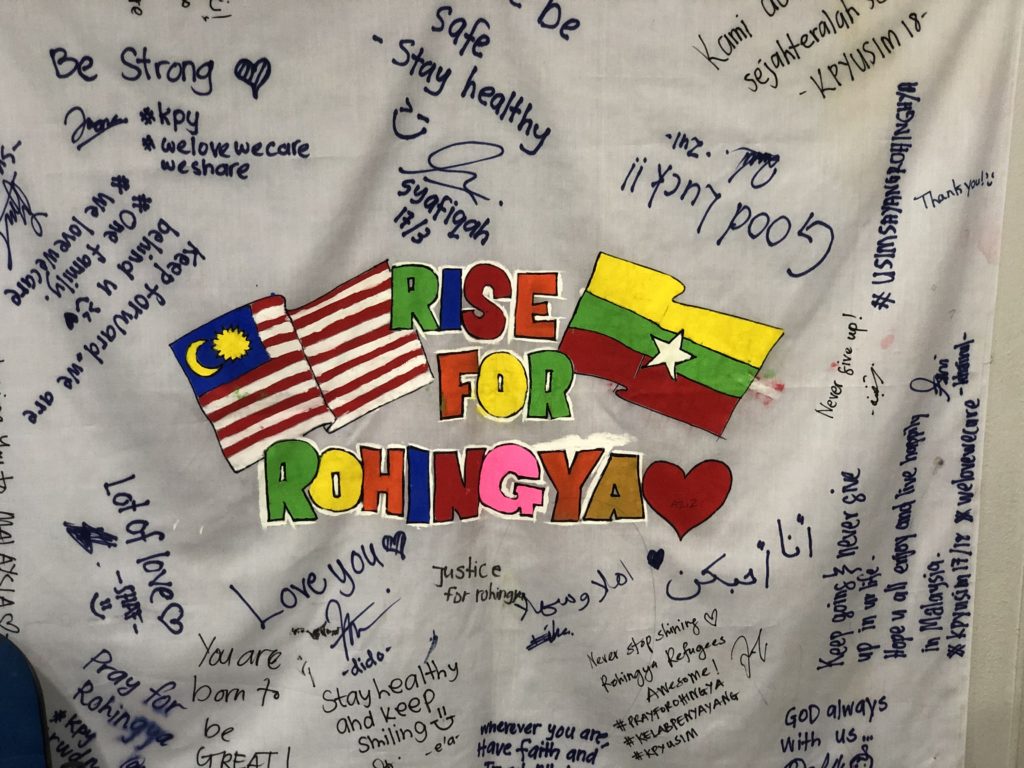
Photos by UUSC
***
About UUSC: Guided by the belief that all people have inherent worth and dignity, UUSC advances human rights globally by partnering with affected communities who are confronting injustice, mobilizing to challenge oppressive systems, and inspiring and sustaining spiritually grounded activism for justice. We invite you to join us in this journey toward realizing a better future!
